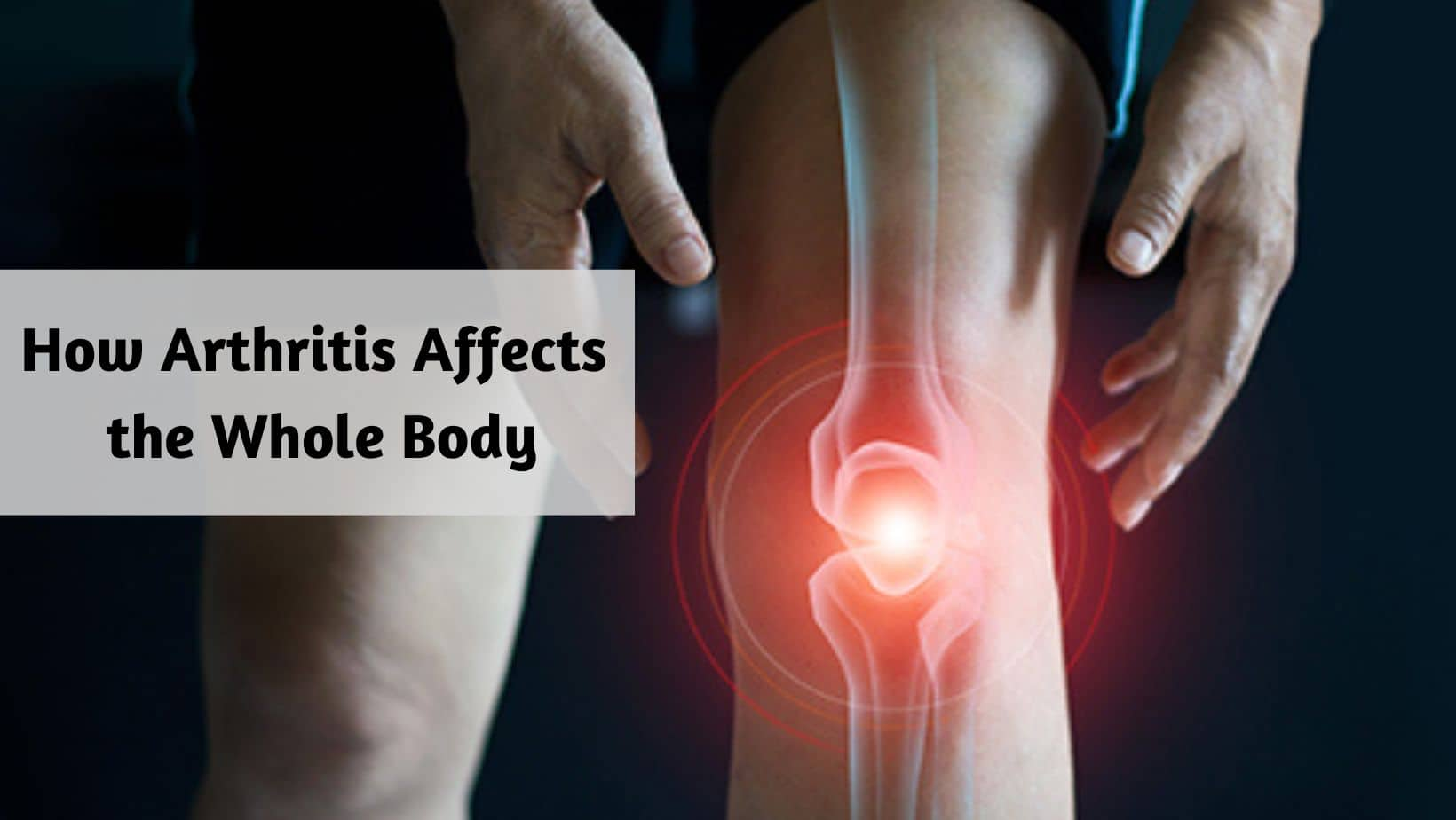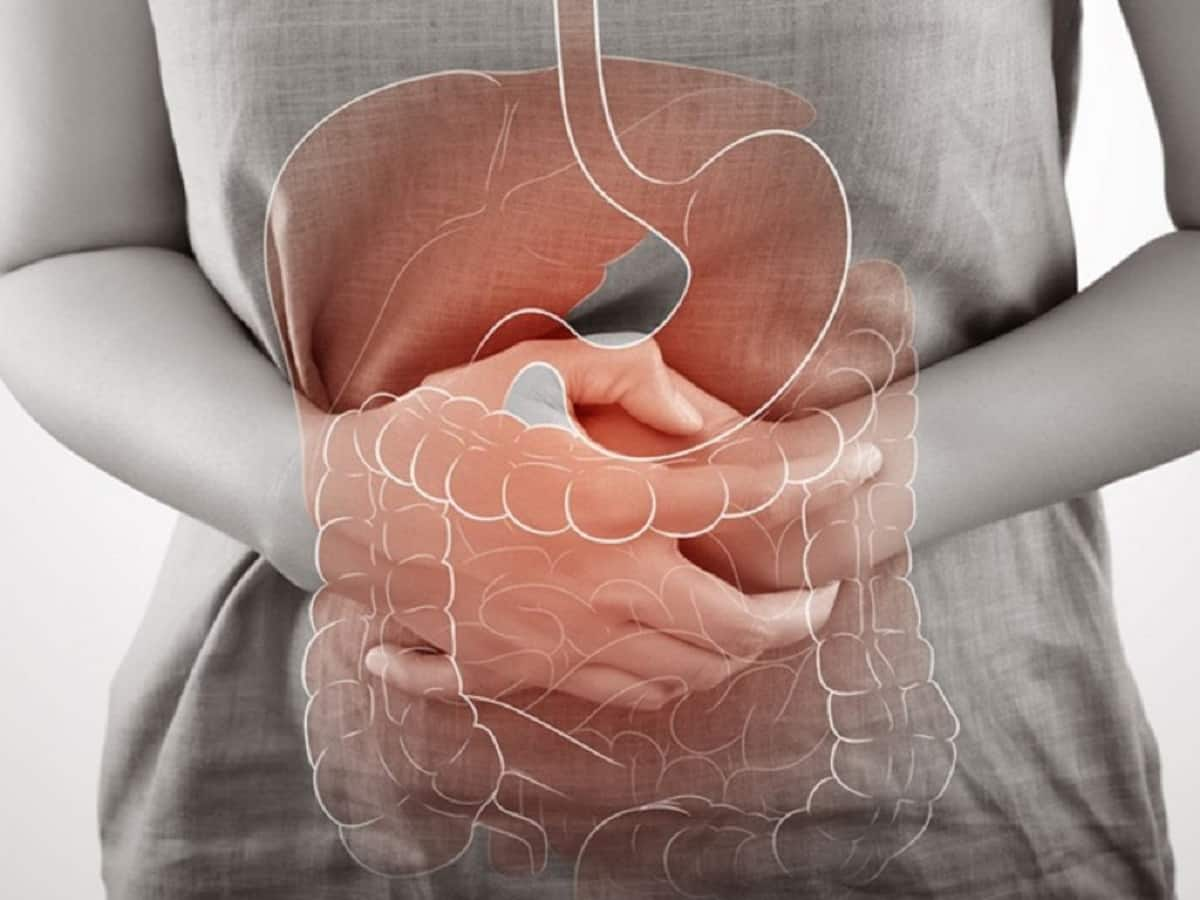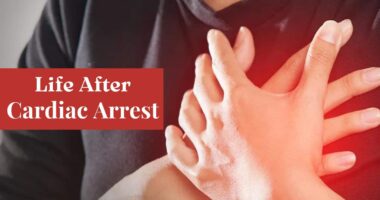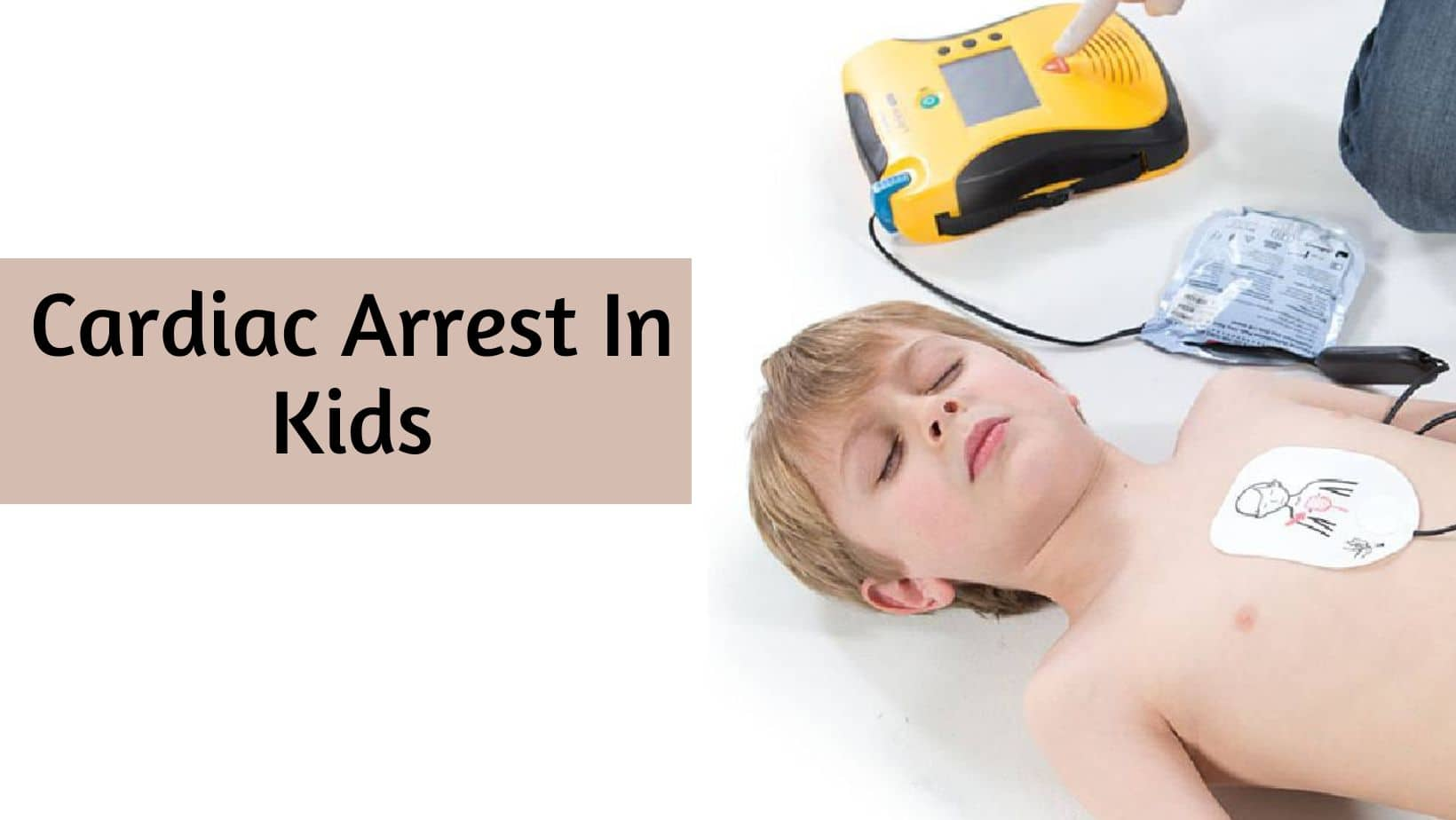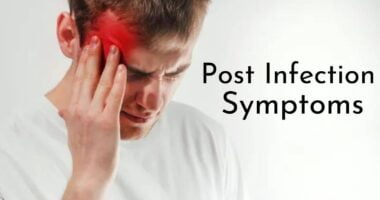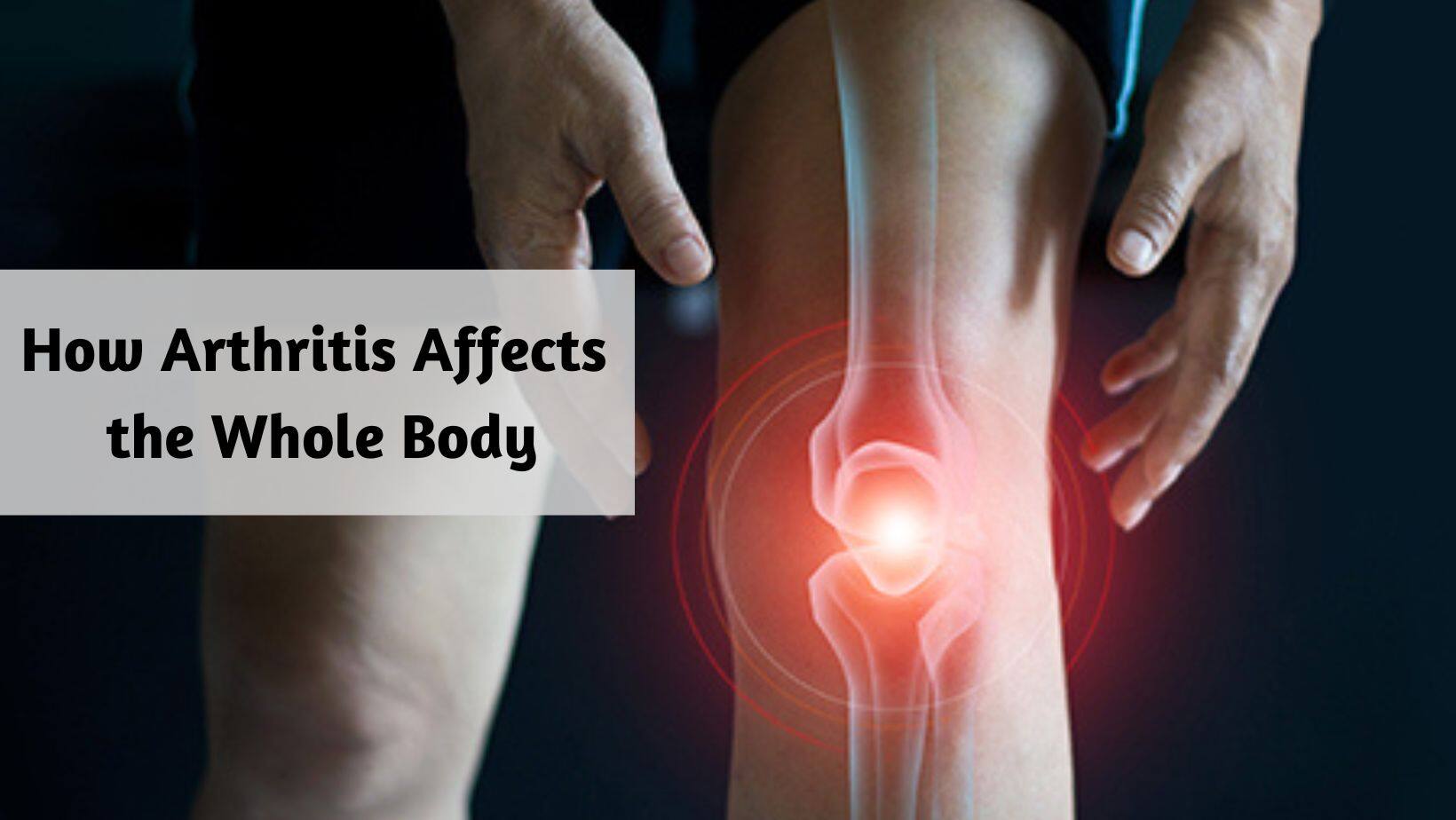 Chronic Heart Diseases To Fibromyalgia – Dr Ashutosh Jha, Consultant- Orthopaedic, Manipal Hospitals, Ghaziabad talks about how arthritis affects and damages other body parts.
Chronic Heart Diseases To Fibromyalgia – Dr Ashutosh Jha, Consultant- Orthopaedic, Manipal Hospitals, Ghaziabad talks about how arthritis affects and damages other body parts.
Arthritis is often used as an umbrella term to describe conditions that affect the joints and other connecting tissues around the joints. Common symptoms for all types of arthritis include joint pain and stiffness. To understand whether arthritis affects other aspects of the human body, it is important to understand the different types of arthritis commonly found in patients. Dr Ashutosh Jha, Consultant- Orthopaedic, Manipal Hospitals, Ghaziabad talks about how arthritis affects and damages other body parts. Let’s first take a look at the two most common types of arthritis include:
Osteoarthritis
It is the most frequent joint disease, with a prevalence of 22% to 39% in India. It is caused by overstraining on certain joints, such as hands, hips, and knees. Severe cases of osteoarthritis can lead to bleeding inside joints, infections, hairline fractures, and partial or complete breakdown of cartilage. This type of arthritis is non-spreading and is not likely to affect the organs of the human body. Although the same individual may develop osteoarthritis in another area, which would be unrelated to the previously impacted region.
Rheumatoid Arthritis (RA)
It is an autoimmune and inflammatory disease. White blood cells attack the cartilage in the joints and can even go on to destroy bones, muscles, and skin. This causes inflammation (painful swelling) in the affected parts of the body. RA can have many physical complications that affect an individual’s ability to lead a comfortable life. It can cause severe pain in not just one but many targeted joints.
Childhood Arthritis
Arthritis in children under the age of 16 years is called childhood arthritis. This can be caused by low immunity in children, viral or bacterial infection, or a family history of the disease. Children who have an impact on their bones and joints during their young years may develop permanent physical damage and disability for life.
Apart from that, arthritis also poses a major threat to other organs. Long-term complications can be mental stress and disability. Some other ways in which arthritis affects the body include:
- Heart Diseases: Prolonged exposure to inflammation in the human body can harm the heart and vessels and pave the way for premature heart diseases.
- Inactive Body: People with arthritis, especially rheumatoid arthritis, find it difficult to engage in intensive activities such as exercising or doing sports. Obesity and type 2 diabetes are caused by a lack of physical activity.
- Fibromyalgia: This condition causes pain all over the body. It is caused by a certain traumatic event, including physical or psychological stress. Common symptoms include pain in muscles, back, and neck; feelings of fatigue; constipation; nausea; anxiety; and difficulty falling asleep. Fibromyalgia often co-occurs with other types of arthritis such as osteoarthritis, rheumatoid arthritis, and systemic lupus erythematosus.
- Gout: This is a common form of inflammatory arthritis that is very painful. It occurs when urate crystals accumulate in the joints due to a condition called hyperuricemia, causing inflammation and intense pain. It usually affects one joint at a time. There are times when symptoms get worse, known as flares, and times when there are no symptoms, known as remission.
- Lupus: It is a chronic autoimmune disease that affects many different parts of the body, including skin and mucous membranes, bones and joints, blood vessels, and internal organs such as the kidneys. The condition is characterized by an overactive immune system mistakenly attacking healthy parts of the body. People with lupus can go on to develop arthritis in the future if proper care is not taken.
